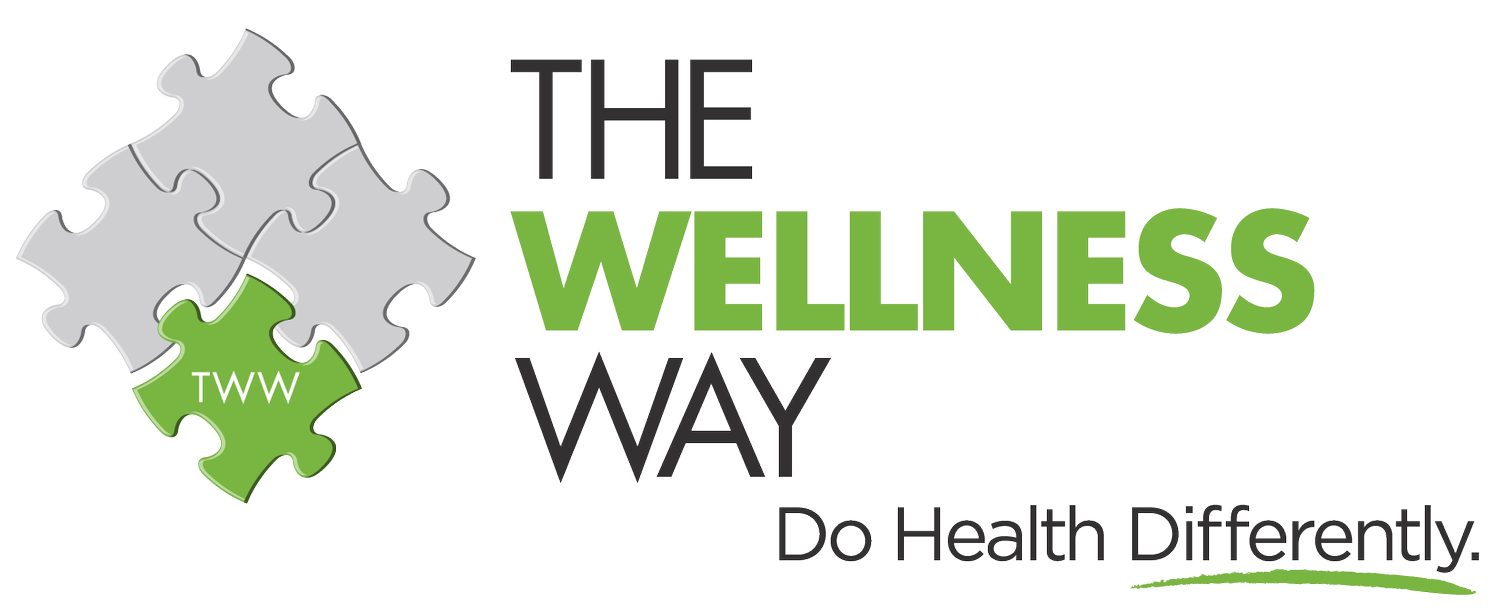Red Flags in Newborns: When Should You Be Concerned?
As parents, we all want the best start for our babies. Sometimes, subtle signs in a newborn can indicate that their nervous system, which is responsible for healthy movement and feeding, may be experiencing some tension.
Recognizing these signs early can make a big difference, enabling timely support and helping your baby thrive.
Key Red Flags to Watch For
It’s important to observe your newborn for these red flags, as they can be signs of nervous system tension:
Tight Fists All the Time: While flexed hands are normal in very young babies, consistently clenched fists that don’t relax, especially beyond the first couple of months, can suggest increased muscle tone or underlying tension.
Difficulty Turning Head Fully to the Side: If your baby favors looking in one direction, or struggles to turn their head either way, this may point to muscular or neurological concerns. A preference for one side, often called "torticollis," can stem from tension or birth-related factors.
Arching During Feeds: Persistent arching of the back while feeding may reflect discomfort, nervous system stress, or feeding difficulties that could benefit from assessment.
Trouble Latching or Not Latching Well: Feeding should become easier with practice. If your newborn consistently has difficulty latching, pulls away frequently, or feeding seems frustrating for both of you, underlying physical issues, such as tongue tie or tension, may play a role.
Why Early Intervention Matters
Early detection leads to early action. The first three years of life are critical for brain and nervous system development, and children benefit most when supportive measures are taken promptly. Addressing issues early can:
Improve feeding and sleeping routines
Enhance movement and milestone achievement
Foster lifelong learning and emotional health
Studies have shown that babies who receive early therapy or chiropractic pediatric care for tension or developmental delays experience improved communication, movement, and social outcomes.
What Should You Do If You Notice These Signs?
Trust Your Parental Instincts: If something feels "off," you are probably right. Many reputable resources encourage parents to follow their intuition.
Book a Session at The Wellness Way Sarasota: Our team specializes in pediatric assessments, gentle chiropractic care, and individualized strategies designed to release tension, support your baby’s nervous system, and help them thrive.
We’re passionate about helping your family create the healthiest start possible. If you notice any of these signs, reach out to us for an initial pediatric session and let us be your partner in your child’s wellness journey.
Resources:
Baby Arching Back: Causes, Solutions, and When to Worry
GERD Less Likely Cause of Irritability and Back Arching in Infants – Pediatrics Nationwide
Hypertonia in Babies: Symptoms, Causes & Treatment
Torticollis (Acquired & Congenital): Symptoms, Types & Causes

